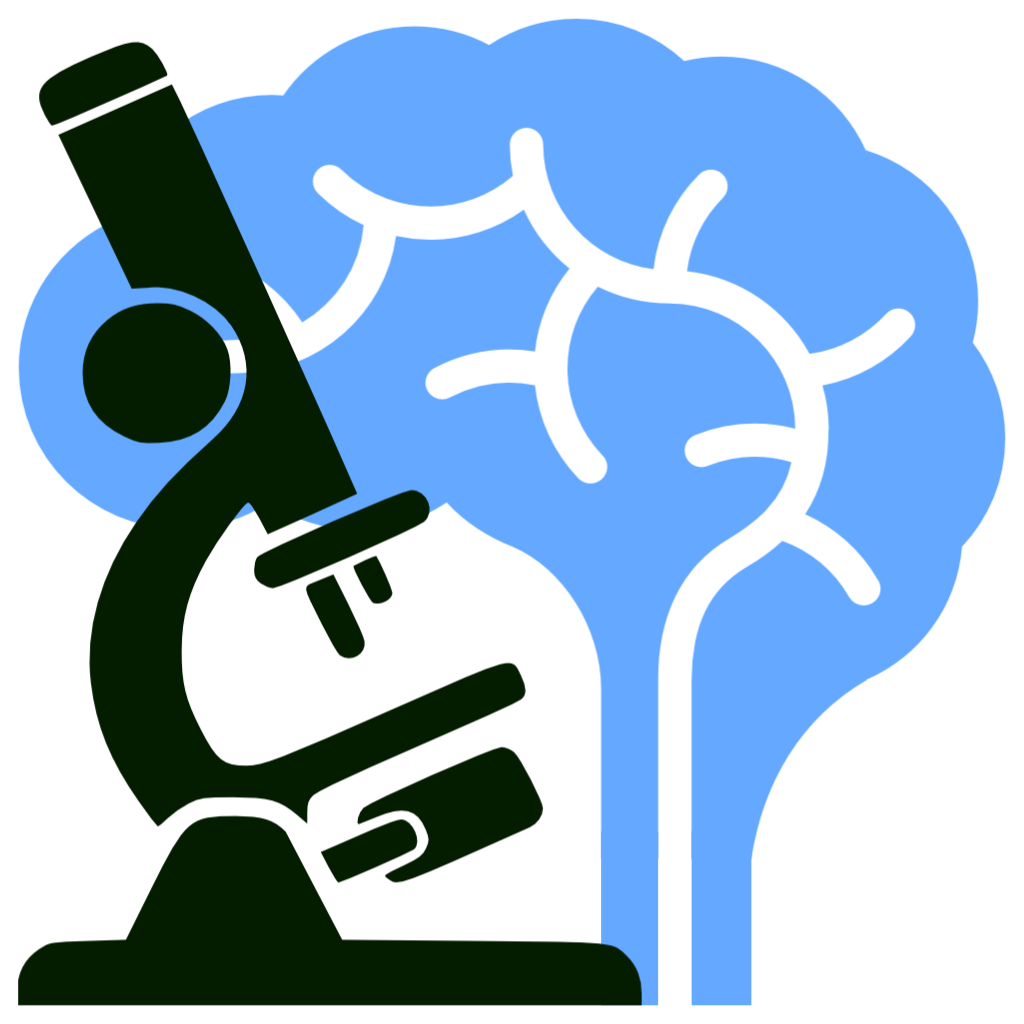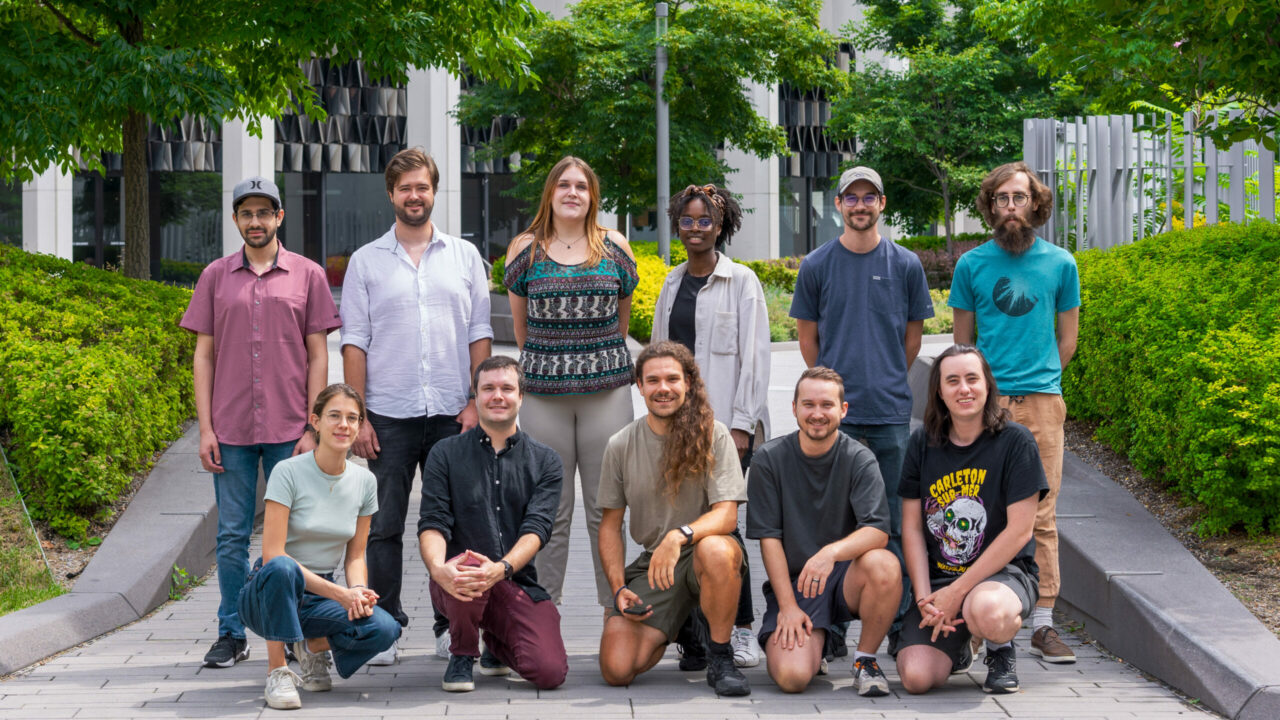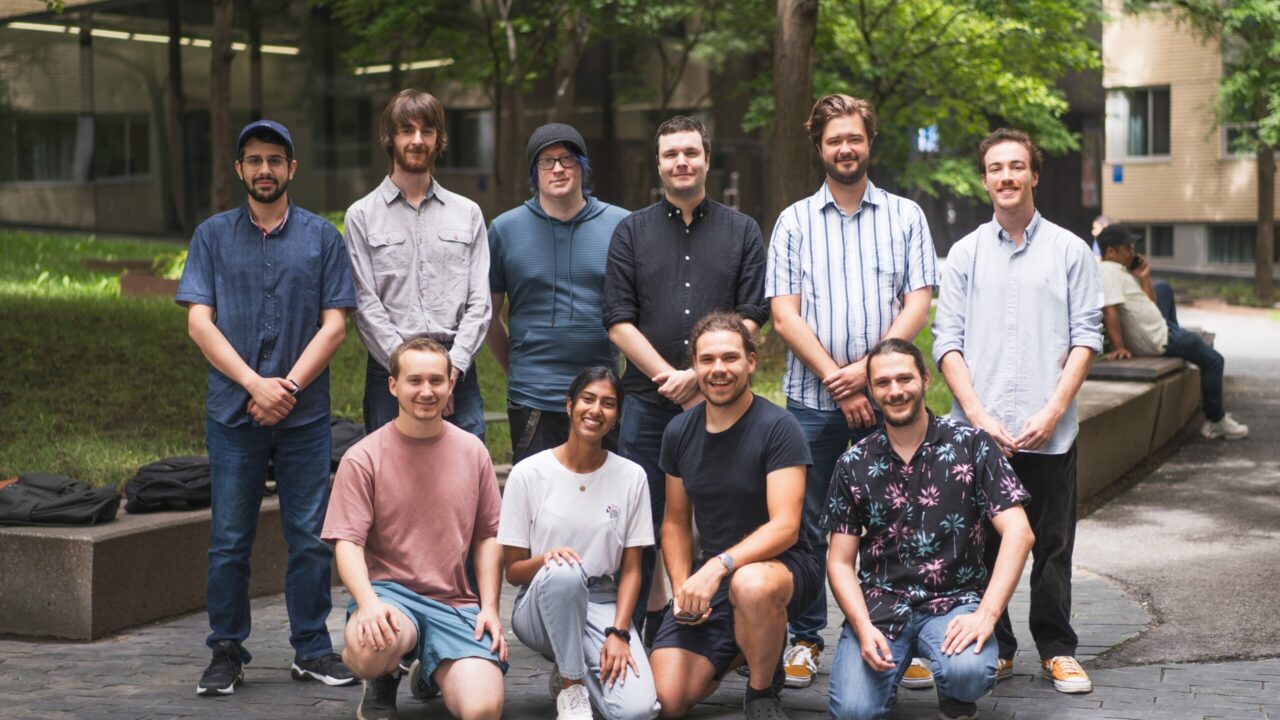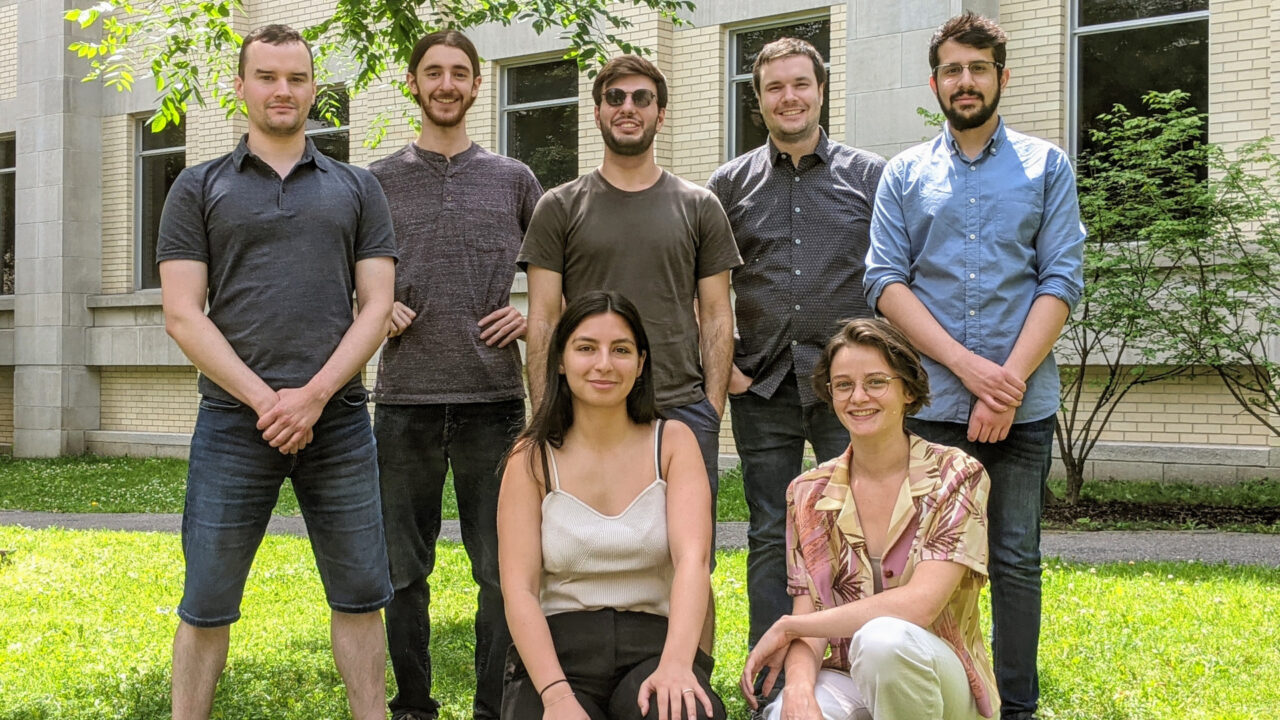Welcome to the website of LINUM, the Digital Imaging, Neurophotonics and Microscopy Laboratory.
Introducing LINUM
The laboratory is located in the Computer Science Department of the Université du Québec à Montréal (UQÀM). It is directed by Joël Lefebvre, a professor in the Computer Science Department since January 2020. The laboratory's research focuses on the development of computer vision techniques and image analysis algorithms for microscopy and neurophotonics. The LINUM's goal is to better understand the organization of the brain by exploiting optical imaging modalities and advanced data analysis methods.
The laboratory's main research projects focus on neurophotonics and biomedical image analysis. In particular, we use several imaging modalities (serial histology, optical coherence microscopy, 2-photon microscopy, diffusion MRI, etc.) to image whole mouse brains ex vivo. The aim is to better understand the organization of white matter and its crossings, in order to improve the performance of tractography algorithms used clinically with diffusion MRI data. In addition, these research projects aim to combine microscopy and artificial intelligence to assist microscope users and facilitate information discovery for biomedical research and diagnosis. This line of research is known as augmented microscopy.
Laboratory members
Management
- Prof. Joël Lefebvre, Ph.D.
Biography: Joël Lefebvre is Professor of Digital Imaging and Computer Vision in the Computer Science Department at UQÀM, Associate Researcher at the Montreal Heart Institute and Director of the Digital Imaging, Neurophotonics and Microscopy Laboratory (LINUM). He has an interdisciplinary background in engineering physics and biomedical engineering, with a specialization in image processing and computer vision applied to neurophotonics. He obtained a master's degree in applied sciences (biomedical engineering) and a doctorate in biomedical engineering from École Polytechnique de Montréal under the supervision of F. Lesage. He was a postdoctoral researcher at Oxford University's Big Data Institute under the supervision of J. Rittscher. His main research activities focus on serial histology using optical coherence tomography of whole mouse brains, optical myelin imaging and deep learning applied to the analysis of 3D microscopy data.
3rd cycle
- (A2024 - In progress) Julien Fouilloux. Research internship / PhD in cognitive computing (UQAM / Université de Bordeaux, co-supervision with Laurent Petit)
- (É2023 - In progress) Charles Poirier. PhD in computer science (NSERC CGS-D scholarship holder, Université Sherbrooke, co-supervision with Maxime Descoteaux)(GitHub)
- (A2022 - In progress) Frans Irgolitsch. PhD in biomedical engineering (Polytechnique Montréal, co-supervision with Frédéric Lesage)(LinkedIn)
2nd cycle
- (E2024 - In progress) Étienne Comtois. Master's degree in computer science, AI concentration (UQAM)(LinkedIn)
- (H2024 - In progress) Guillaume Carignan. Master's degree in computer science, AI concentration (UQAM)(LinkedIn)
- (H2024 - In progress) François Huppé-Marcoux. Master's degree in computer science, AI concentration (UQAM)(LinkedIn)
1st cycle
- (E2025) Nicolas Beeckmans. Introductory research internship (UQAM Faculty of Science 1st cycle research grant).(LinkedIn)
- (H2024-E2025) Sabrina Pelletier. COOP internships (BIGL-COOP program, UQAM)
Research staff
- (A2023 - In progress) Mohamad Hawchar. Research Support Officer(LinkedIn)
Alumni
- (É2024) Floreine Leneus. Research internship (Université Paris-Saclay in Paris, France)(LinkedIn)
- (É2024) Marie Le Dantec. Research internship (ENSEEIHT School in Toulouse, France)(LinkedIn)
- (É2024) Thomas Bocandé. Research internship (ENSEEIHT School in Toulouse, France)(LinkedIn)
- (H2024) Alex Neault. INF6200 - Introduction to research(LinkedIn)
- (2023) François Huppé-Marcoux. Research Support Officer(LinkedIn)
- (H2022 - É2023) Mohamad Hawchar. Master's degree in computer science, AI concentration (UQAM).(LinkedIn, Project summary)
- (H2021 - A2023) Philippe Lemieux. Master's degree in computer science, AI concentration (UQAM).(LinkedIn)
- (A2020 - E2023) Maxime Faubert-Laurin. Master's degree in computer science (UQAM, co-supervision with Marie-Jean Meurs).(LinkedIn)
- (Summer 2023) Alexandre Fortin. Introductory research internship (UQAM).(LinkedIn)
- (Summer 2023) Alexandre Howison. Introductory research internship (UQAM).(LinkedIn)
- (Summer 2023) Alexia Pragassam. Research internship. (Polytechnique Montréal / Polytech Paris-Saclay, co-supervision with Frédéric Lesage).(LinkedIn)
- (Summer 2023) Étienne Comtois. CSE6200: Introduction to research & BRPC research internship. (UQAM, co-supervision with Marie-Jean Meurs).(LinkedIn, Project summary)
- (Summer 2023) Julien Reynaud. Research internship. (ENSEEIHT School in Toulouse, France)
- (Summer 2022) Anna Pasquier. Internship for a final year project (IMT Nord Europe)(LinkedIn)
- (Summer 2022) Mona Chouchane. Final internship at DUT Informatique (Université Paris Saclay)(LinkedIn)
- (Winter/Summer 2022) Benoît Dubreuil. Course INF6200: Initiation à la recherche, Stage III du programme coop en informatique (UQÀM).(LinkedIn)
- (Summer 2022) Mahdi Abou-Hamdan. Research internship (U.Lorraine/Bordeaux/UQÀM). Cosupervision with Laurent Petit.
- (Summer 2021-22) Gaël De Oliveira-Sicard. Research internship (USRA Fellow, Project), Research assistant.(LinkedIn)
- (Summer 2021) Jingxing Tu. Introductory research internship,(Project)(LinkedIn)
- (Summer 2021) Frédéric Massi. Research internship (BRPC Fellow, Sherbrooke/UQÀM). Cosupervision with Maxime Descoteaux.
- (Summer 2020) Philippe Lemieux. Introductory research internship(Project)(LinkedIn)




